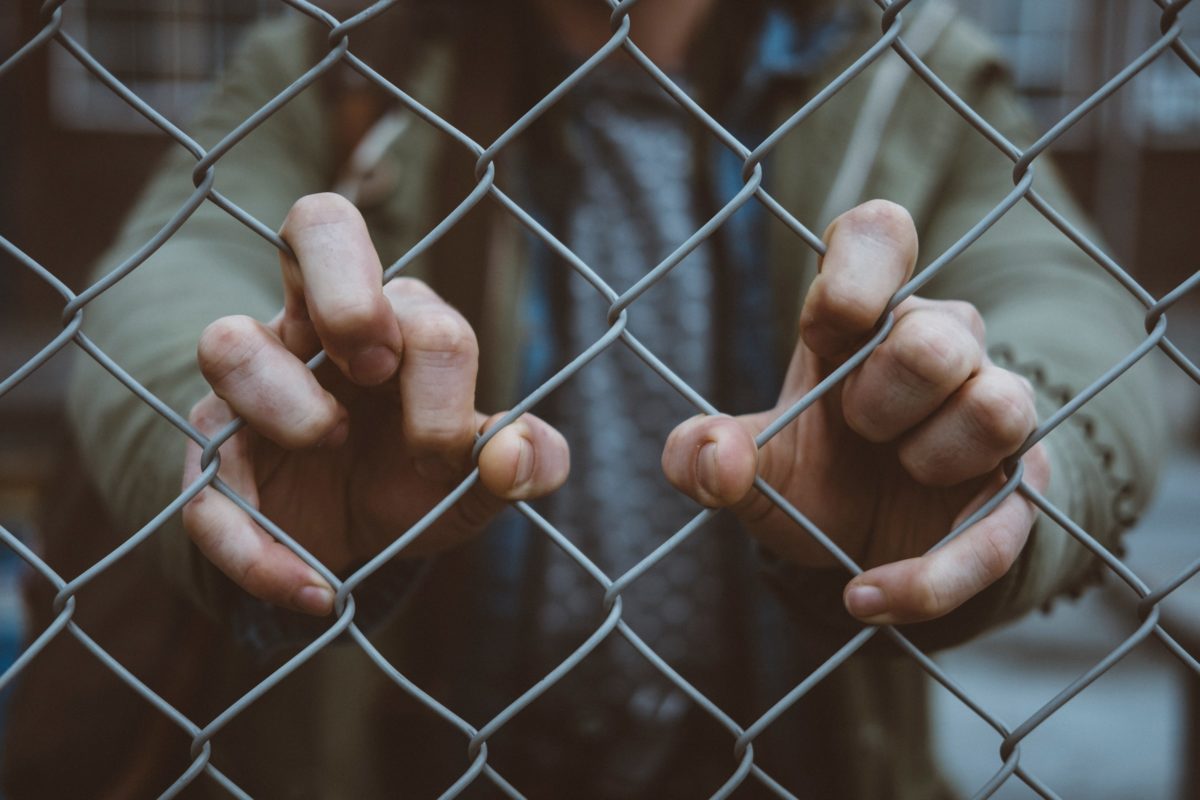
I Lost a Loved One While in Prison. The What Ifs Haunt Me.
In prison, there is no space to grieve. I kept thinking that if only I was home, I could have given her the support she needed.

In prison, there is no space to grieve. I kept thinking that if only I was home, I could have given her the support she needed.
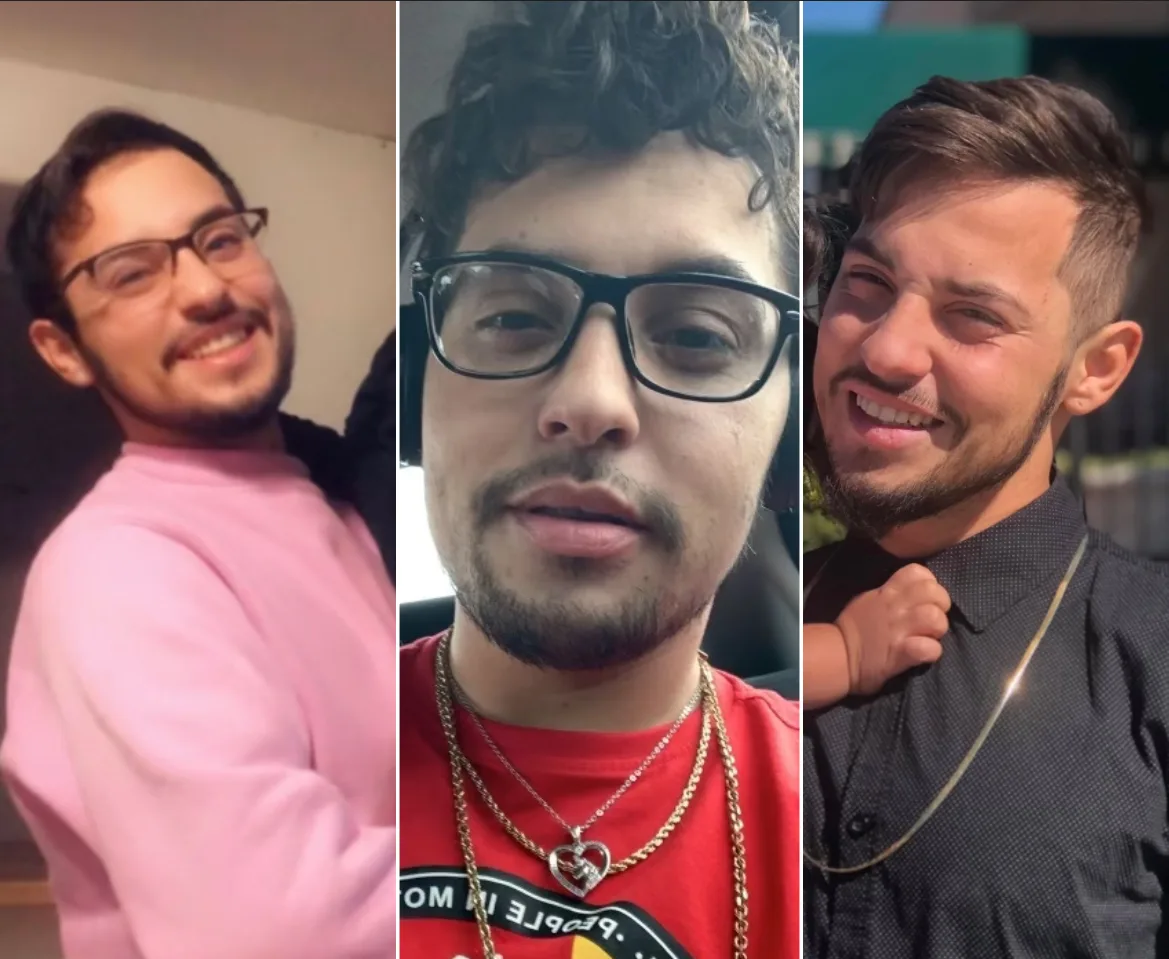
Over the course of nine days at New Mexico’s Otero County Detention Center last June, Jacob Gutierrez repeatedly engaged in self-harm and survived multiple suicide attempts before taking his life. A lawsuit accuses jail staff of failing to keep him safe.
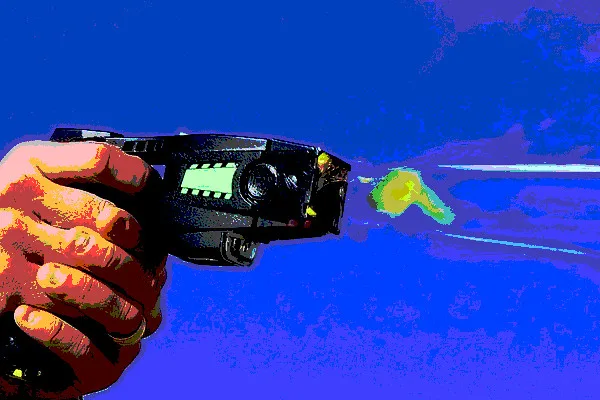
A MindSite News-Medill investigation documents wide use of tasers in response to 911 mental health calls.
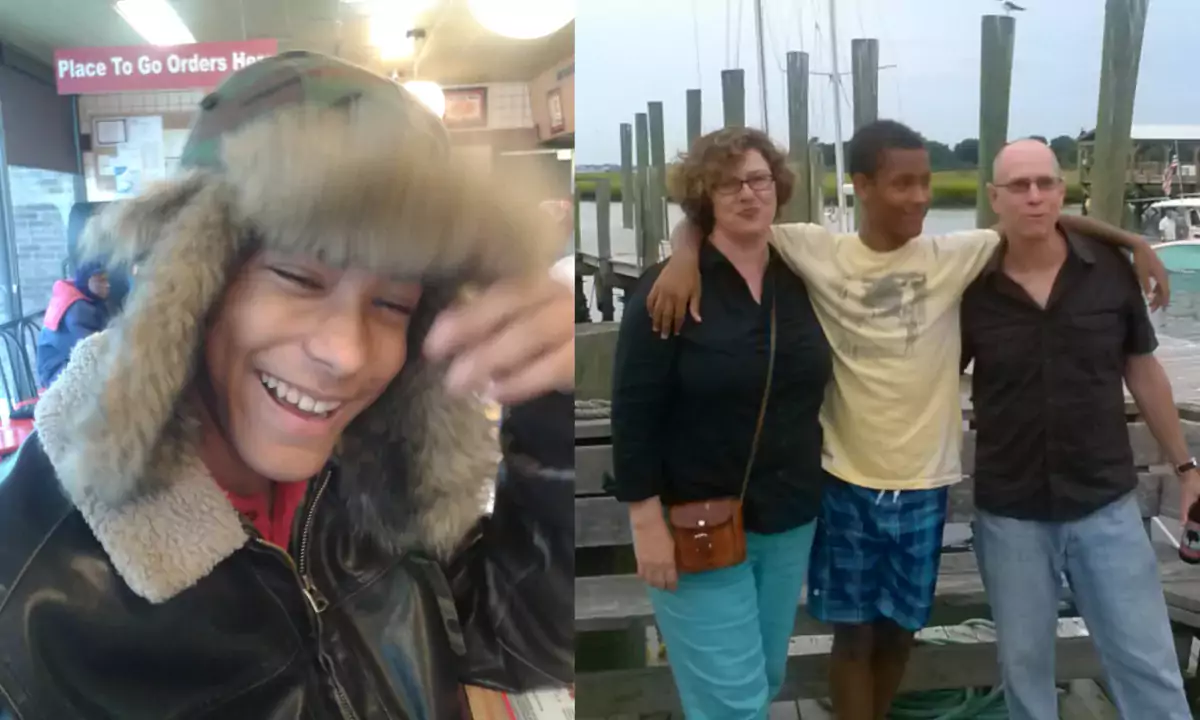
At 15, Shane Kendall, an autistic child with bipolar disorder, schizophrenia, and intellectual impairment, allegedly fatally shot his mother. Despite Kendall’s disabilities, prosecutors charged him, as an adult, with murder. Before he turned 19, he died at the Fulton County Jail.
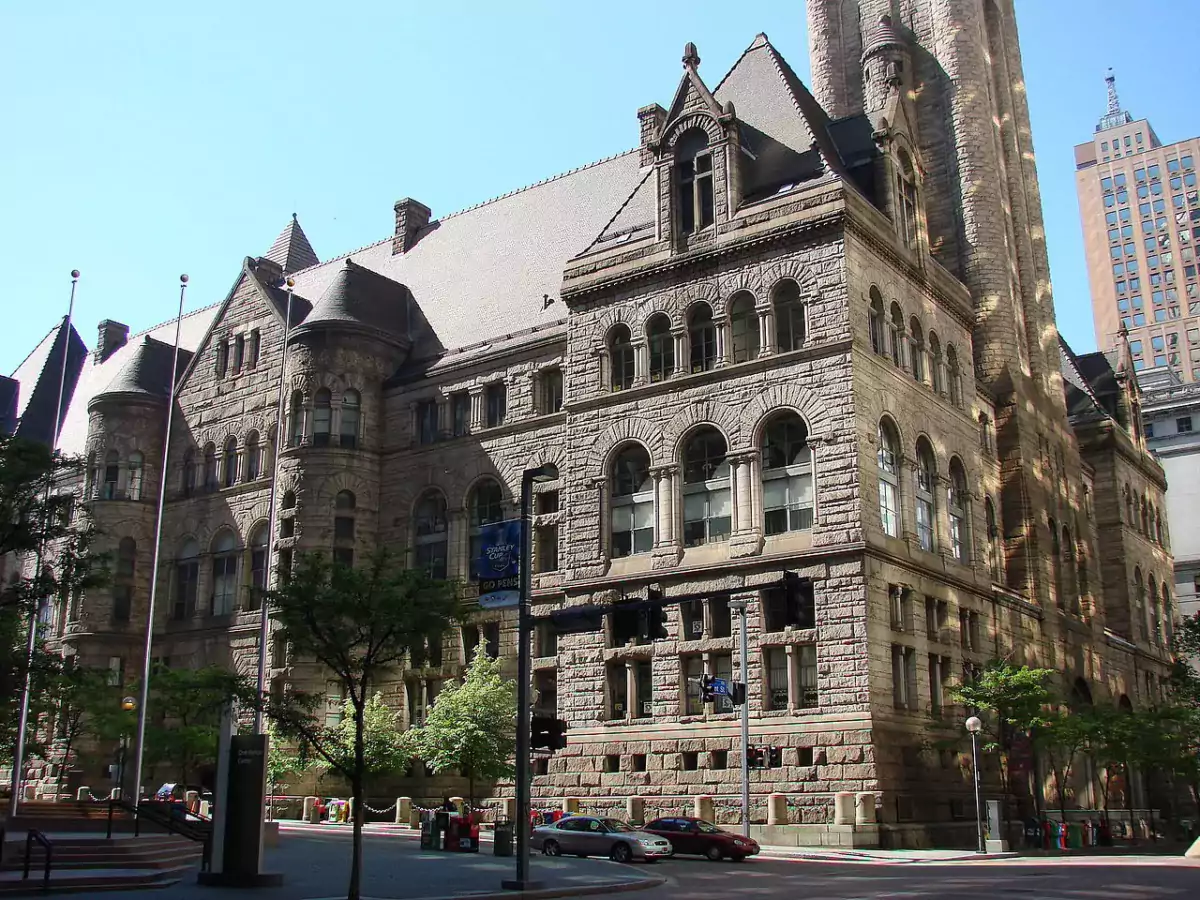
A new report by the Abolitionist Law Center says that, while pitched as a more humane alternative to criminal court, Allegheny County’s Mental Health Court instead humiliates people with mental illness and feeds them back into jail.
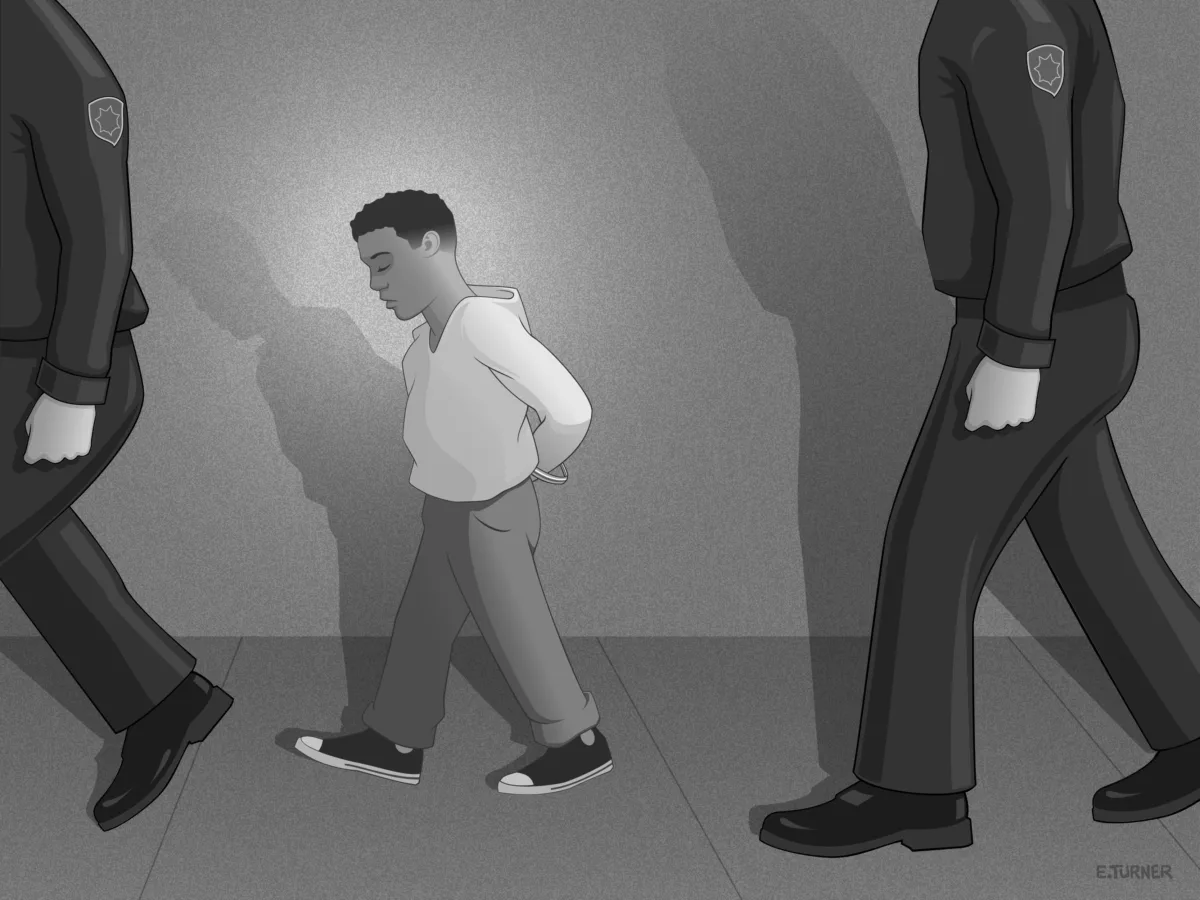
A law originally set up to provide humane treatment to mentally ill people in crisis has became a terrifying dragnet for kids, with Black children under 10 greatly overrepresented.
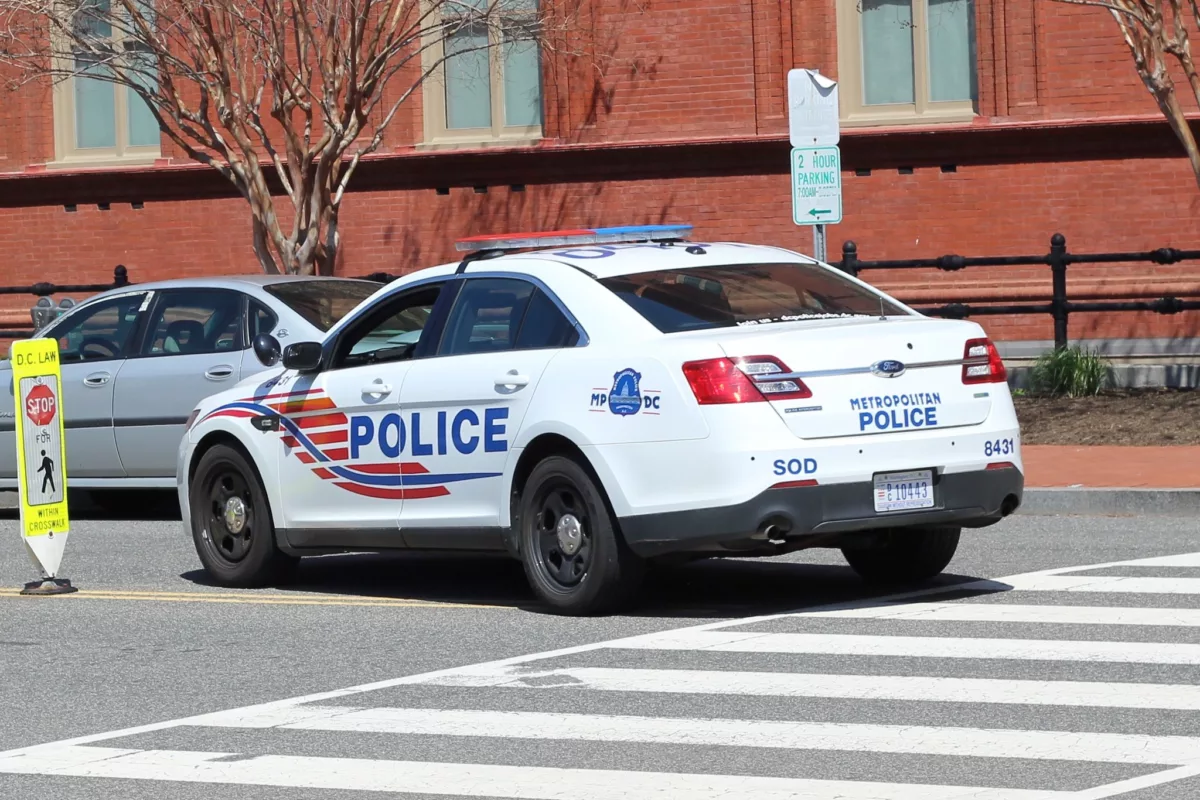
A new lawsuit alleges that the city is discriminating against people with mental health disabilities by continuing to send armed officers to mental health calls.
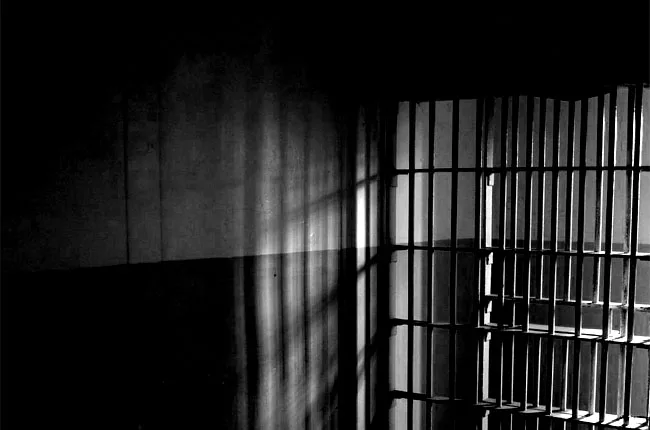
Federal lawmakers are asking the National Institute of Mental Health to research the condition—also known as post-incarceration syndrome—and share its findings with lawmakers.
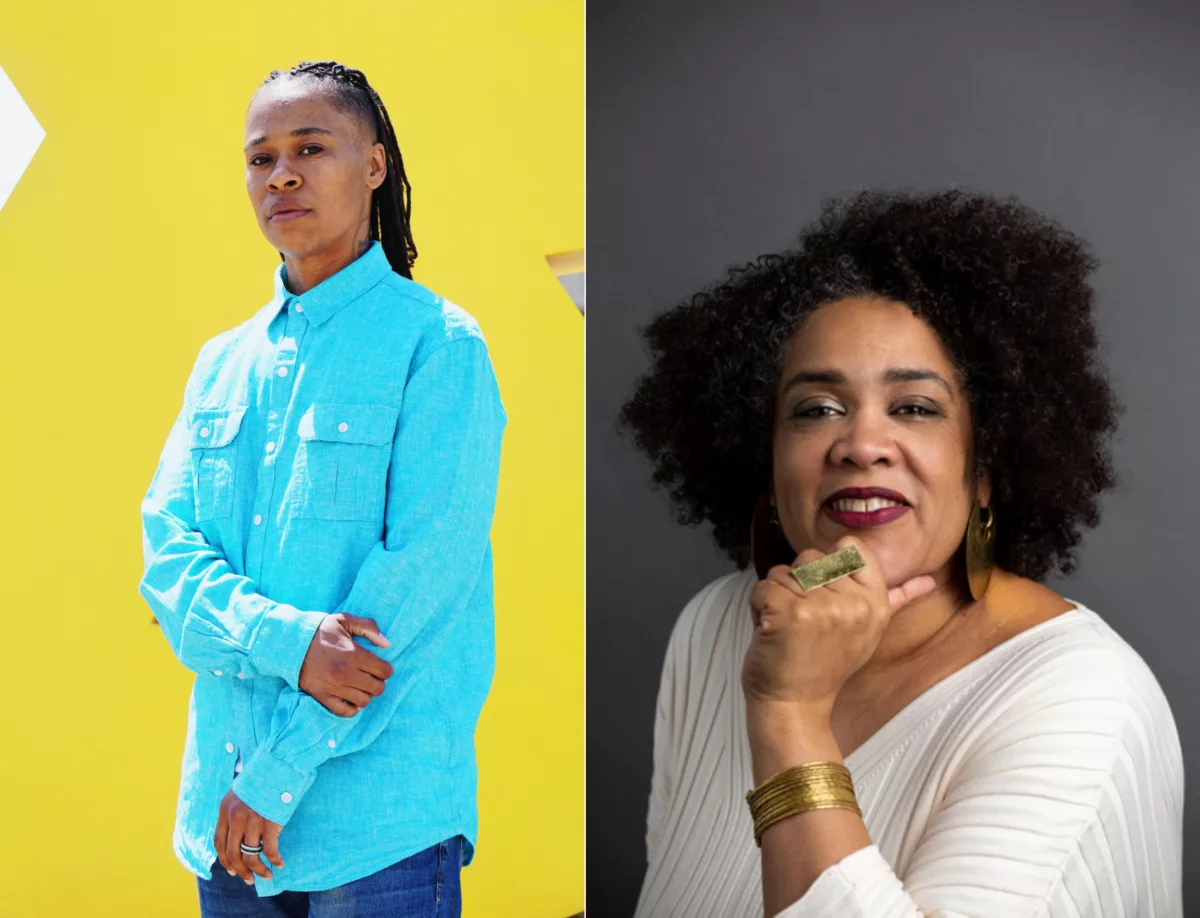
In Healing Justice Lineages, Cara Page and Erica Woodland document a history of care models that don’t involve the prison industrial complex.
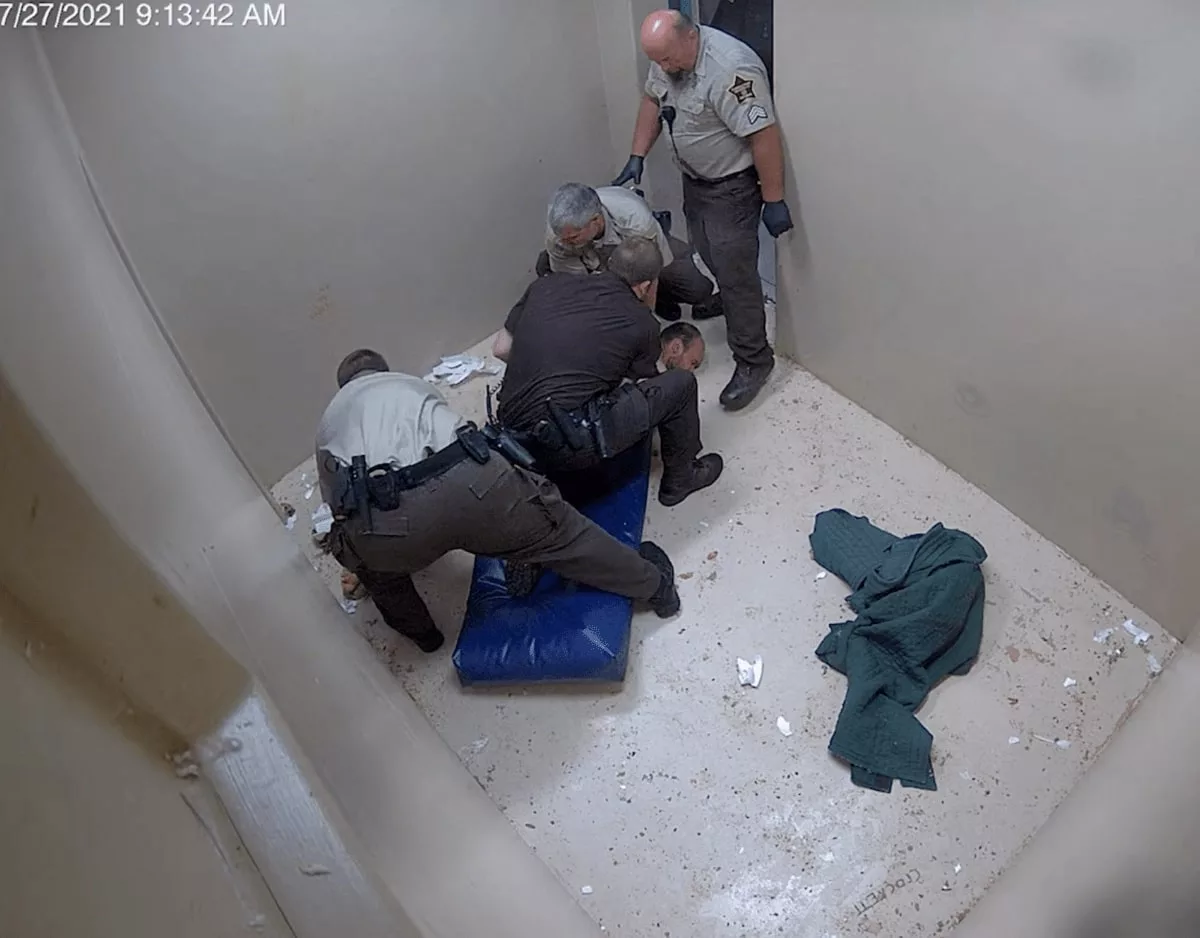
Graphic video footage obtained by The Appeal shows 29-year-old Joshua McLemore wasting away and rolling in his own waste in the Jackson County Jail before eventually dying of malnutrition.
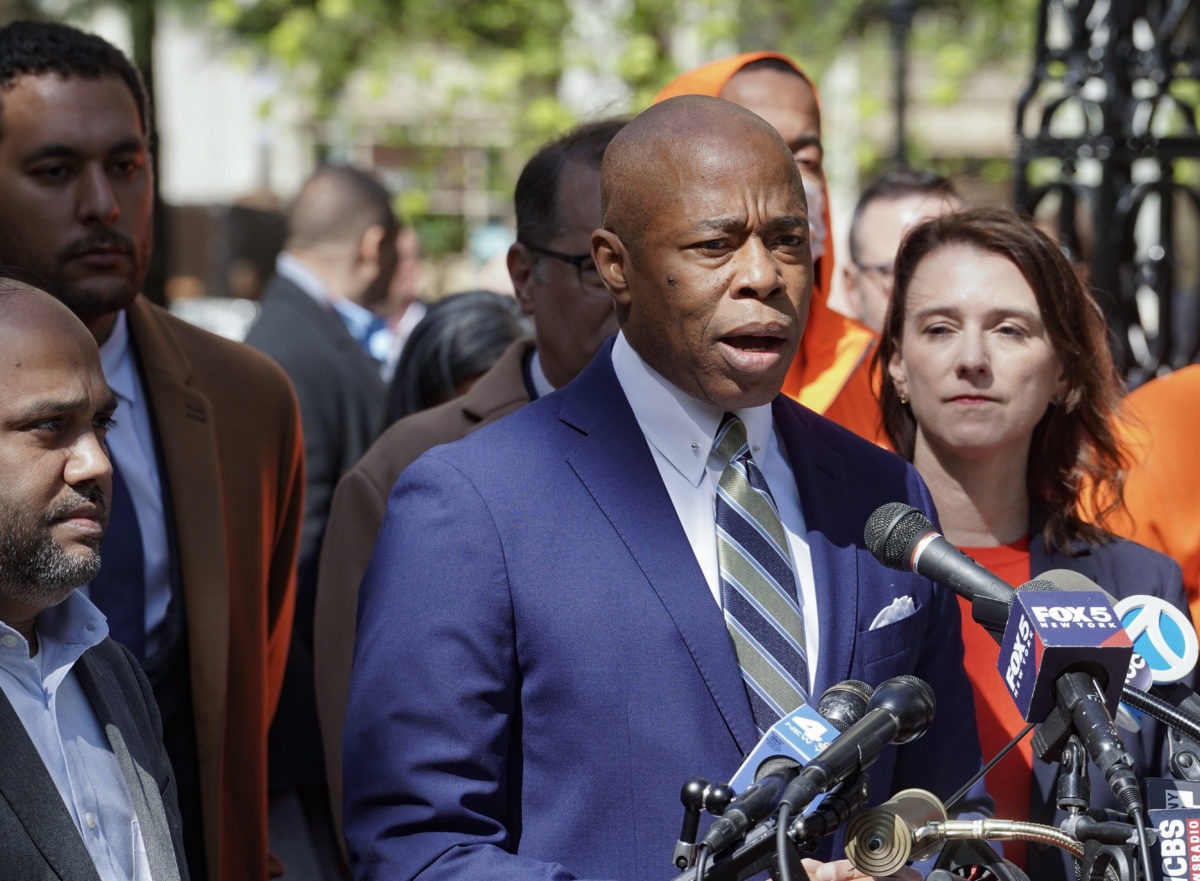
New York law can leave people who are involuntarily committed financially liable for their hospital bills and ambulance ride
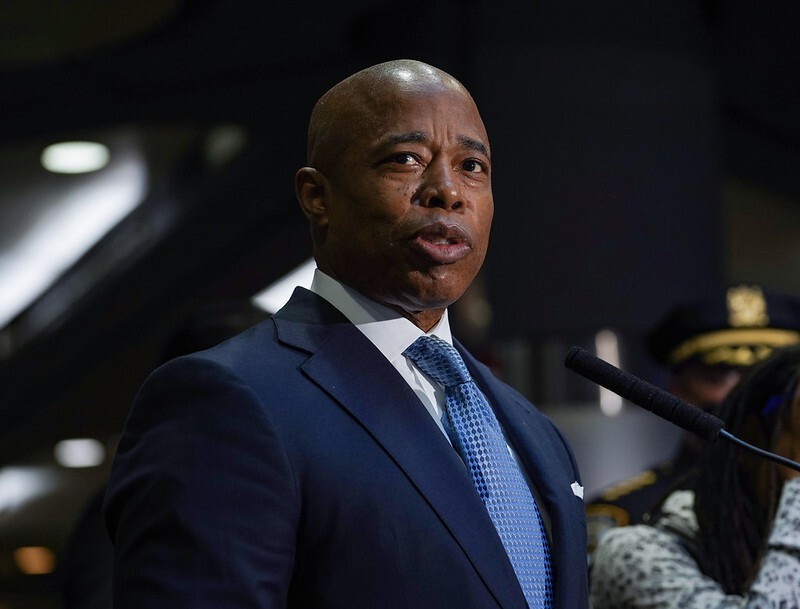
New York City Mayor Eric Adams issued a directive this week that puts police at the center of renewed efforts to remove people exhibiting signs of mental illness from public spaces.
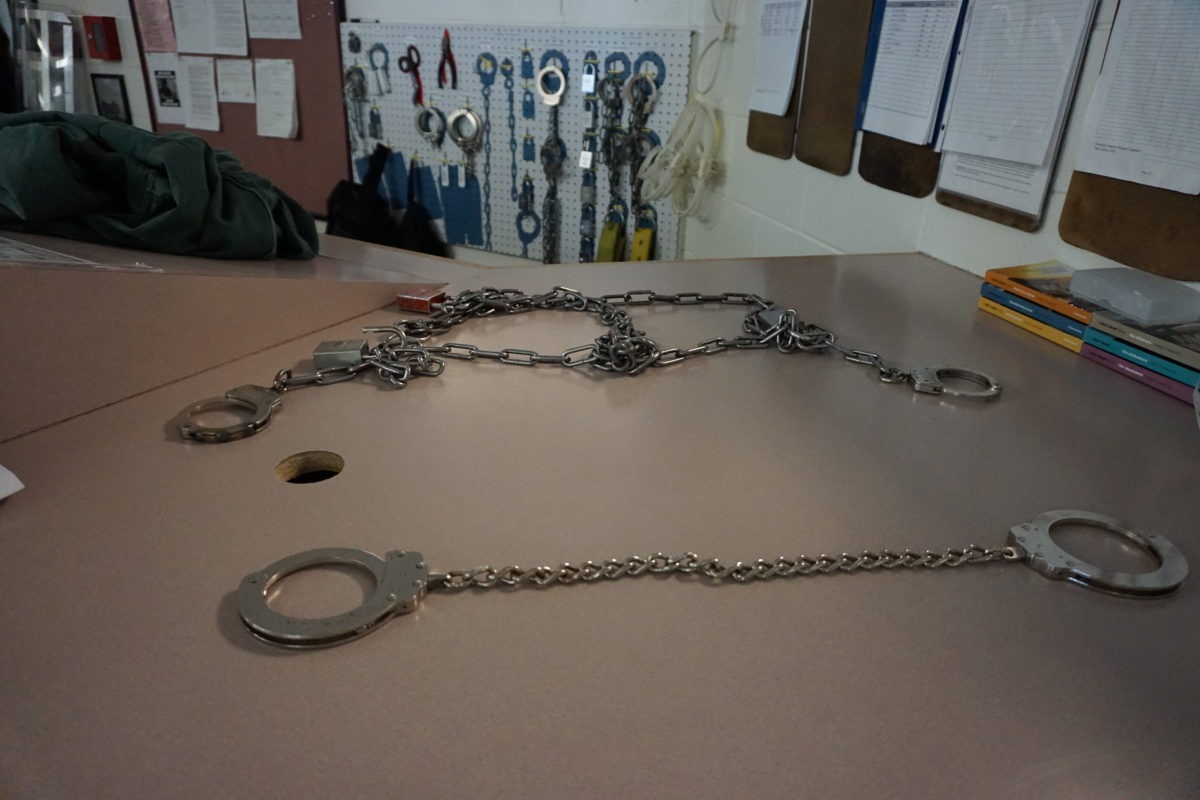
A soon-to-be-released report reveals that metal “four-point” restraints are often used for multiple days in a row, including on one person who was held for 39 straight days. A new state bill would set stricter parameters.
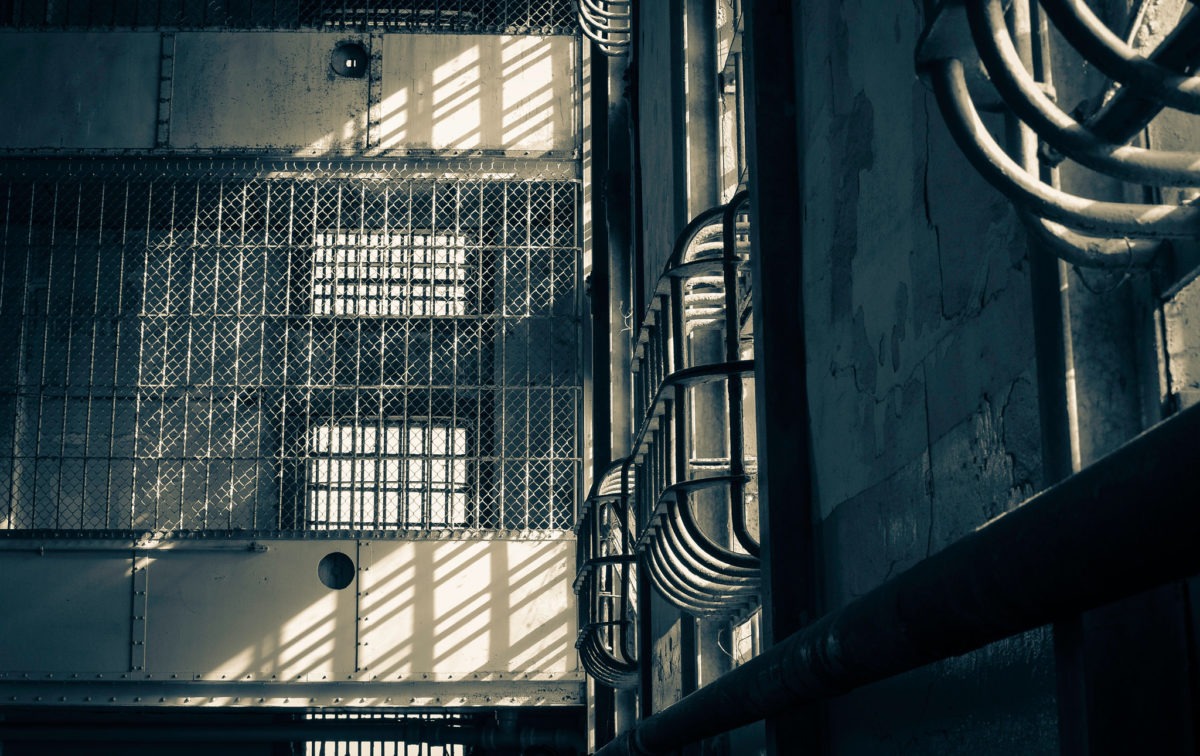
The facility’s medical provider described people with mental illness wasting away in a unit overrun by an outbreak of lice and scabies.
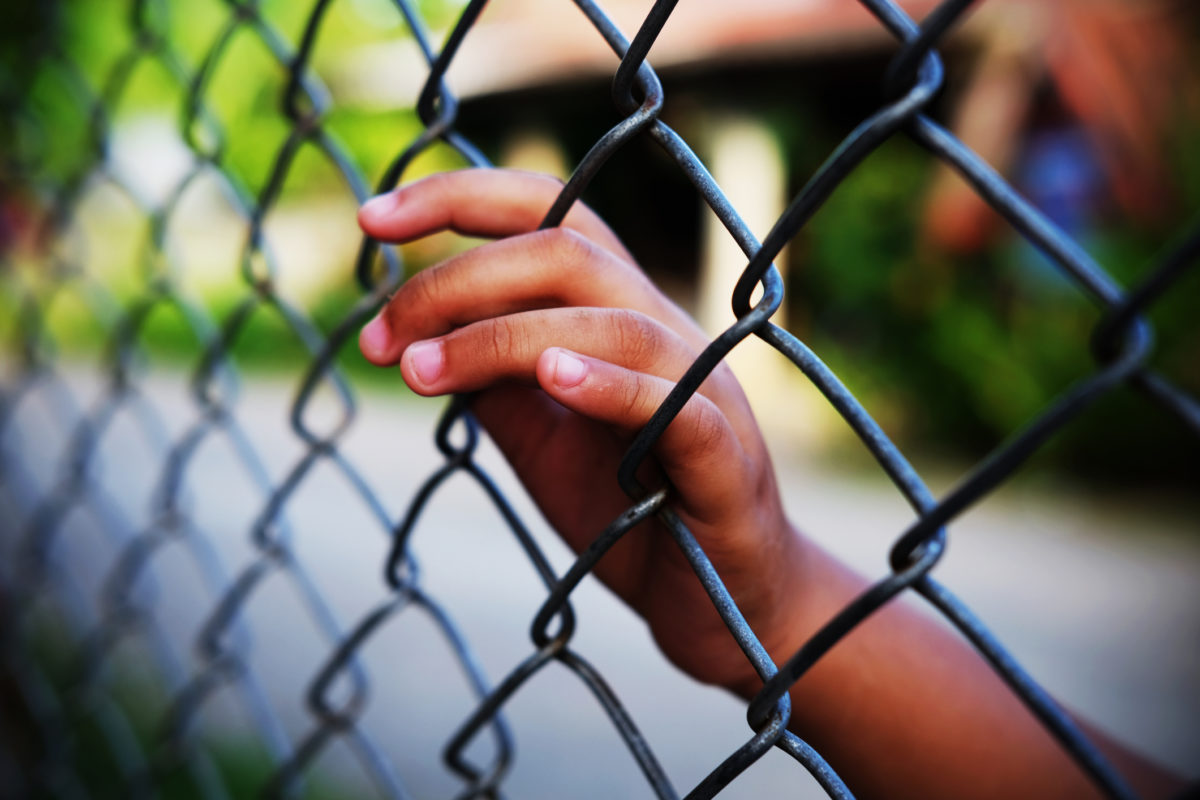
The U.S. must close its congregate care facilities and fully fund community-based alternatives for kids with mental-health issues.
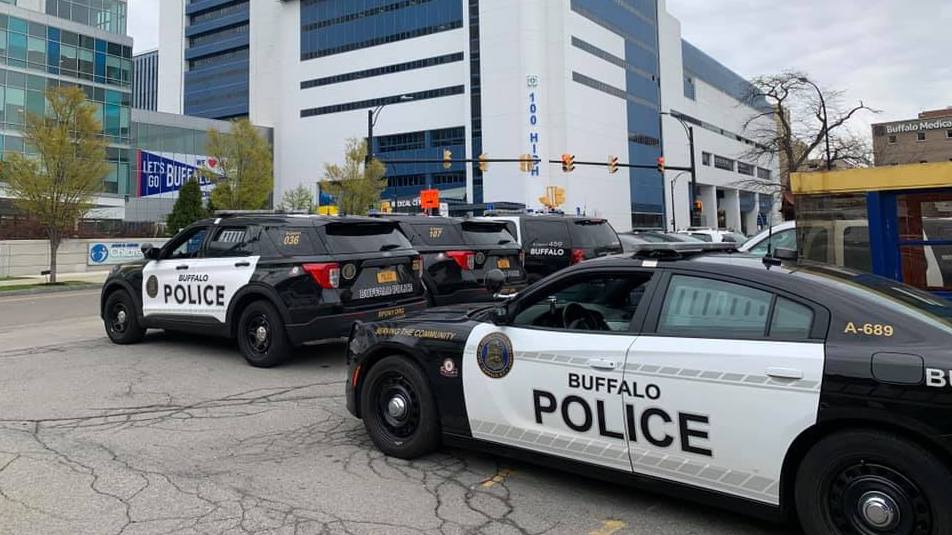
Citing years of police brutality and racial disparities in arrests, activists are pushing candidates to embrace reforms ahead of next week’s Democratic primaries.
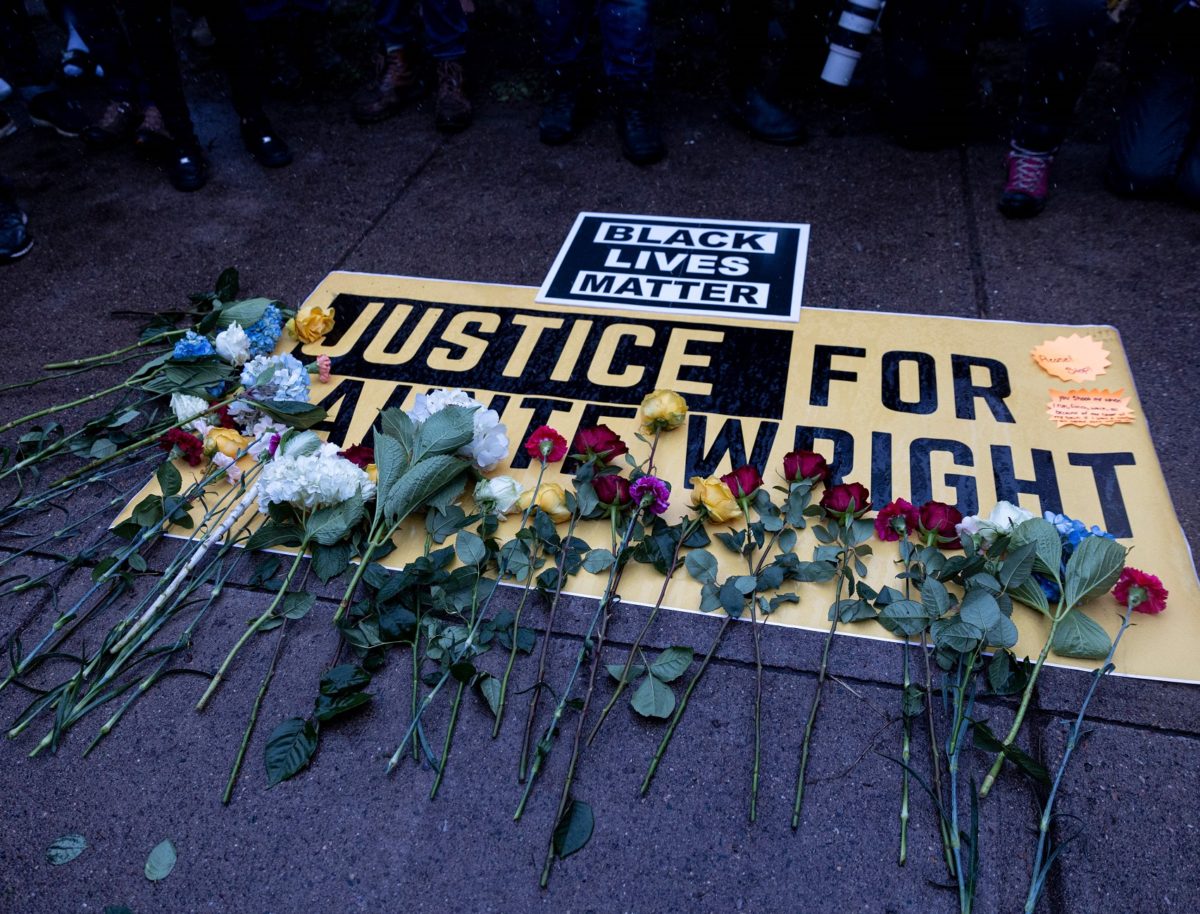
The proposal by Mike Elliott, if passed by City Council, would also create a department of unarmed professionals trained to respond to mental health needs.

The candidates—who didn’t support an affordable housing investment that was rejected by voters today—now advance to the November ballot.

It will be months before the pilot program is implemented in part of East Oakland, but activists say it’s a move in the right direction.
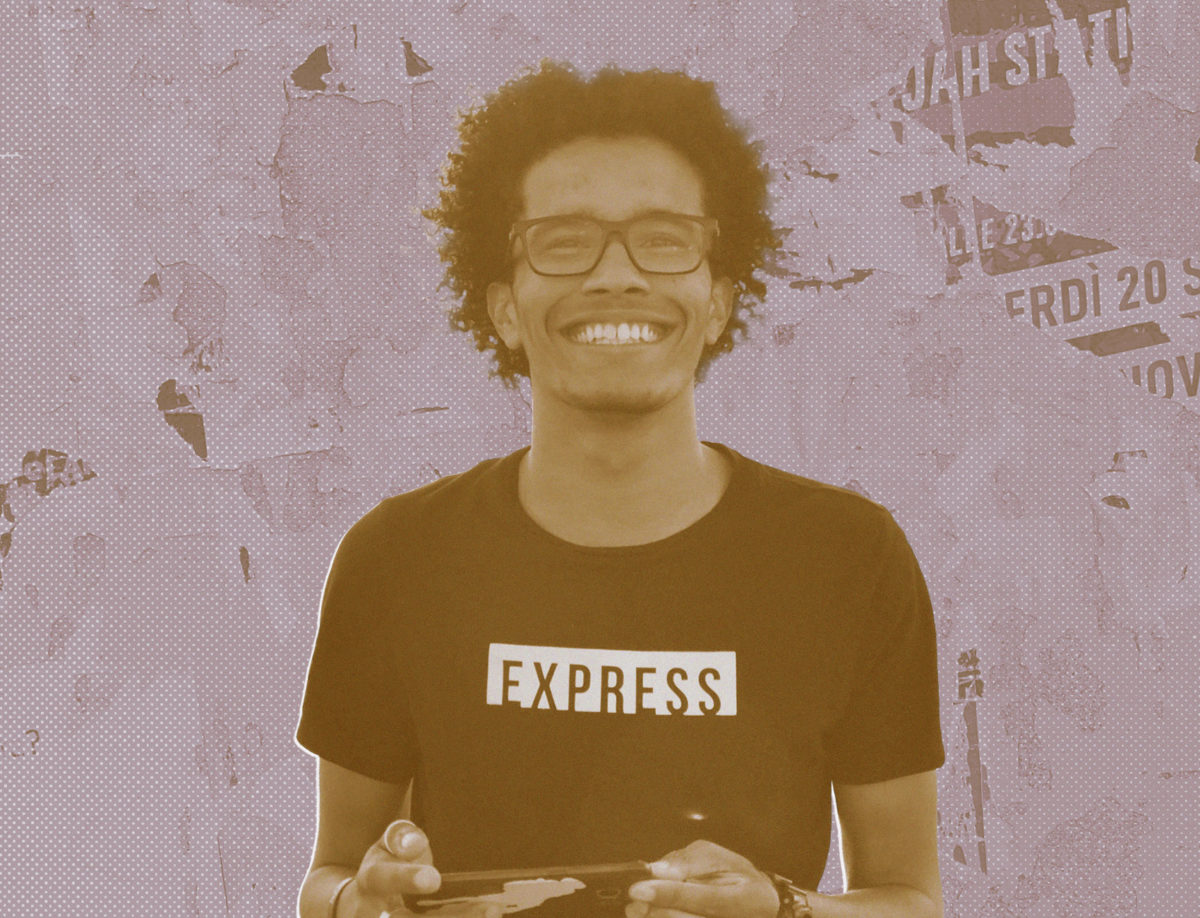
Proposed legislation would allow people accused of crimes to tell juries if they had a mental illness, autism spectrum disorder, or an intellectual or developmental disability at the time of a crime. The bill could have helped individuals like Matthew Rushin.
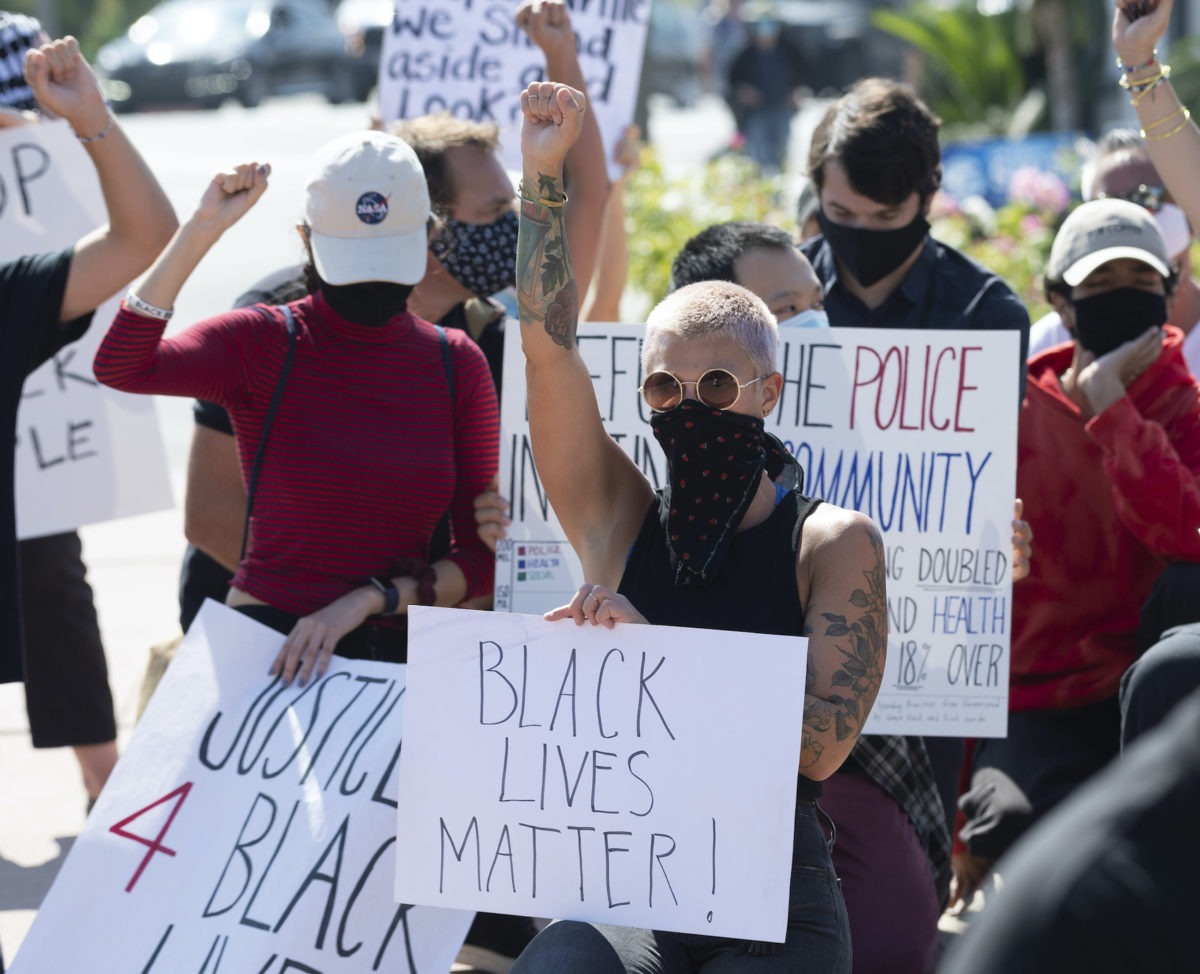
Governor Newsom should sign the CRISES Act into law this week and invest in community partners who support people in crisis situations.
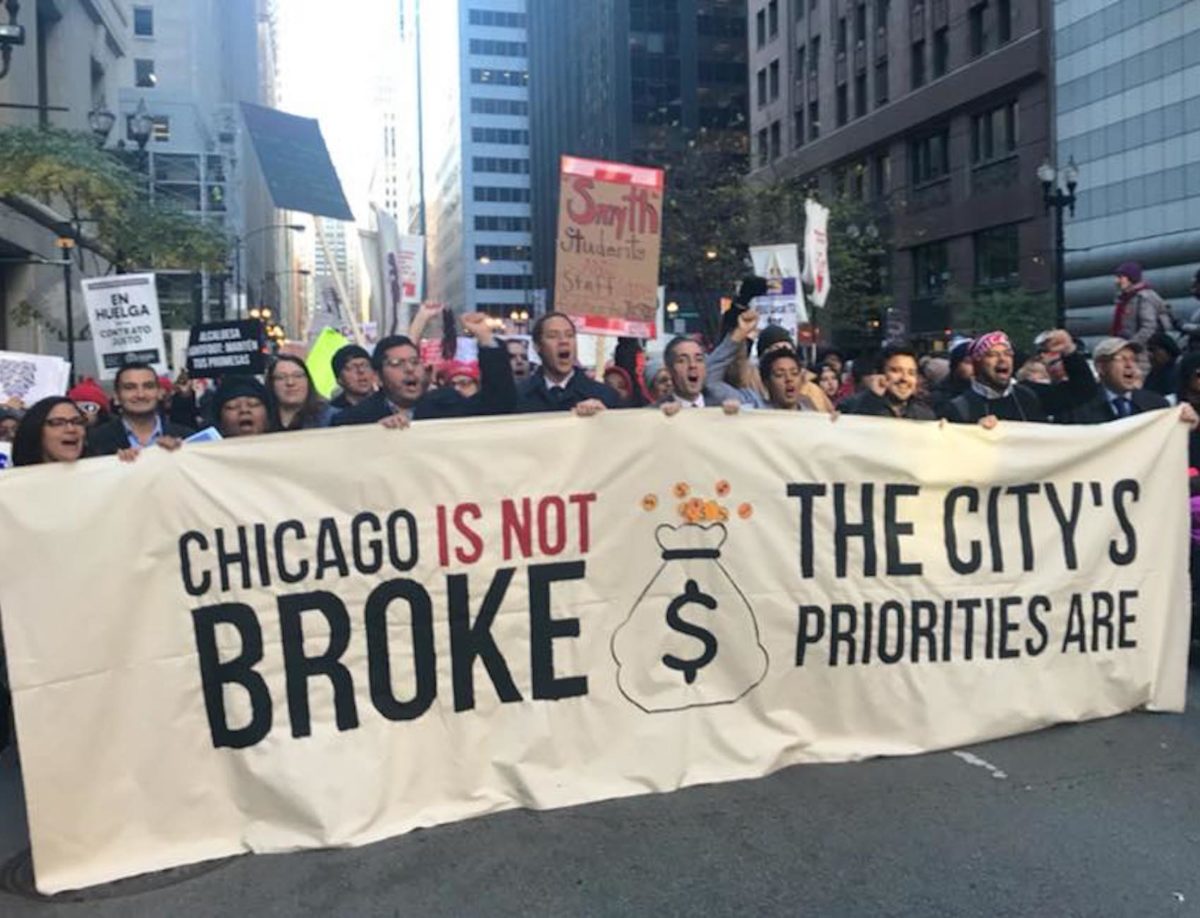
The proposed legislation would expand the city’s public mental healthcare system using funds reallocated from the police budget.
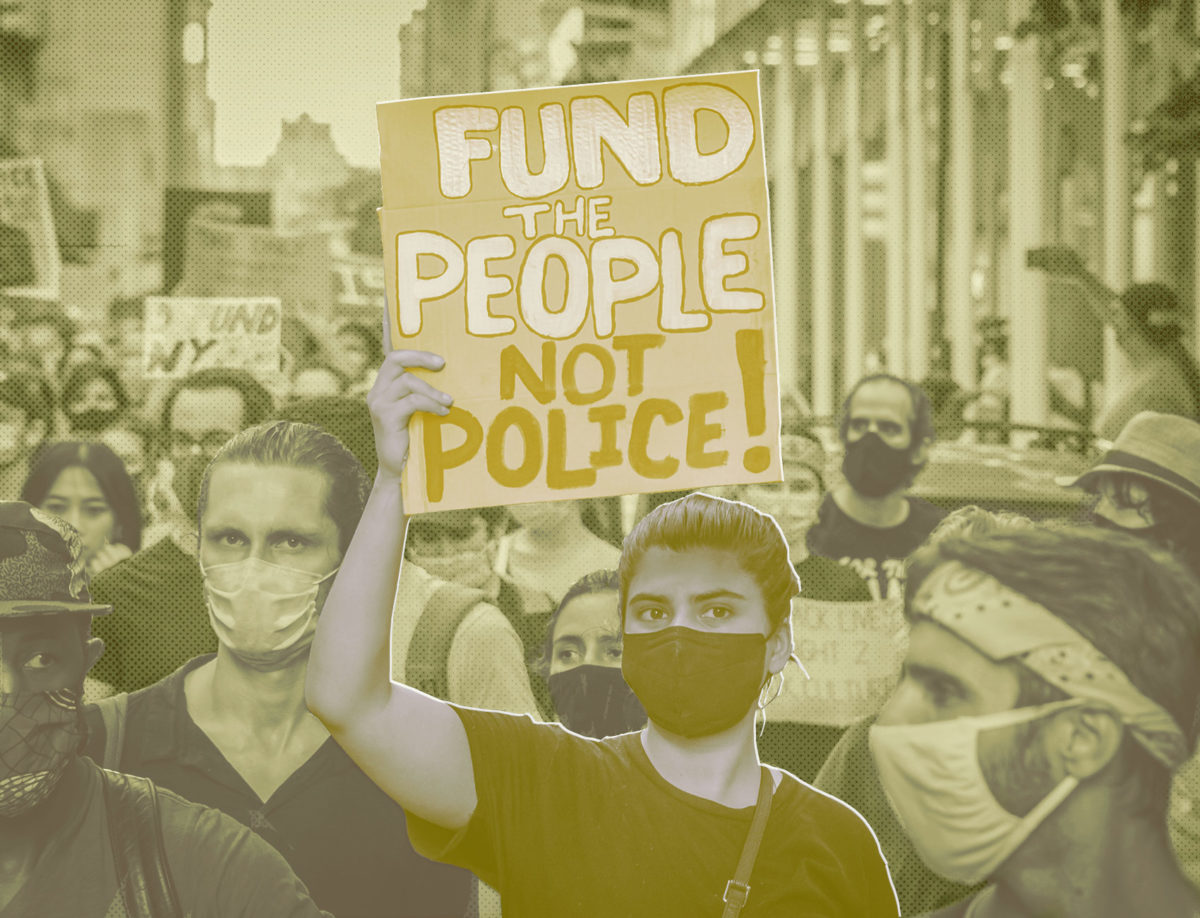
As criminal justice reformers take steps to defund police departments and limit qualified immunity, it’s important to consider the role of universal and special duties in policing.
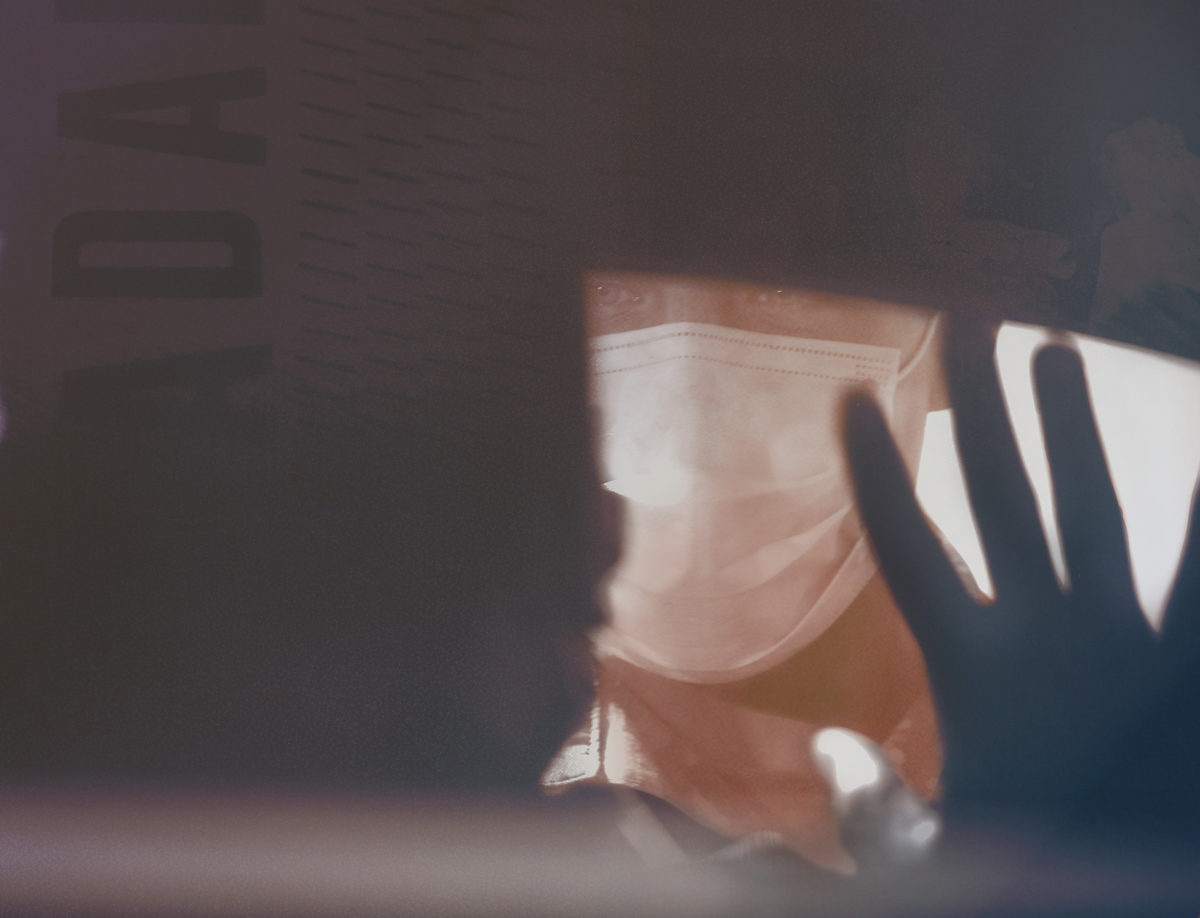
Social Workers address crises regularly and without an armed police officer standing in front of us. Often, the presence of an armed officer escalates a crisis that could have been better handled by mental health professionals alone.
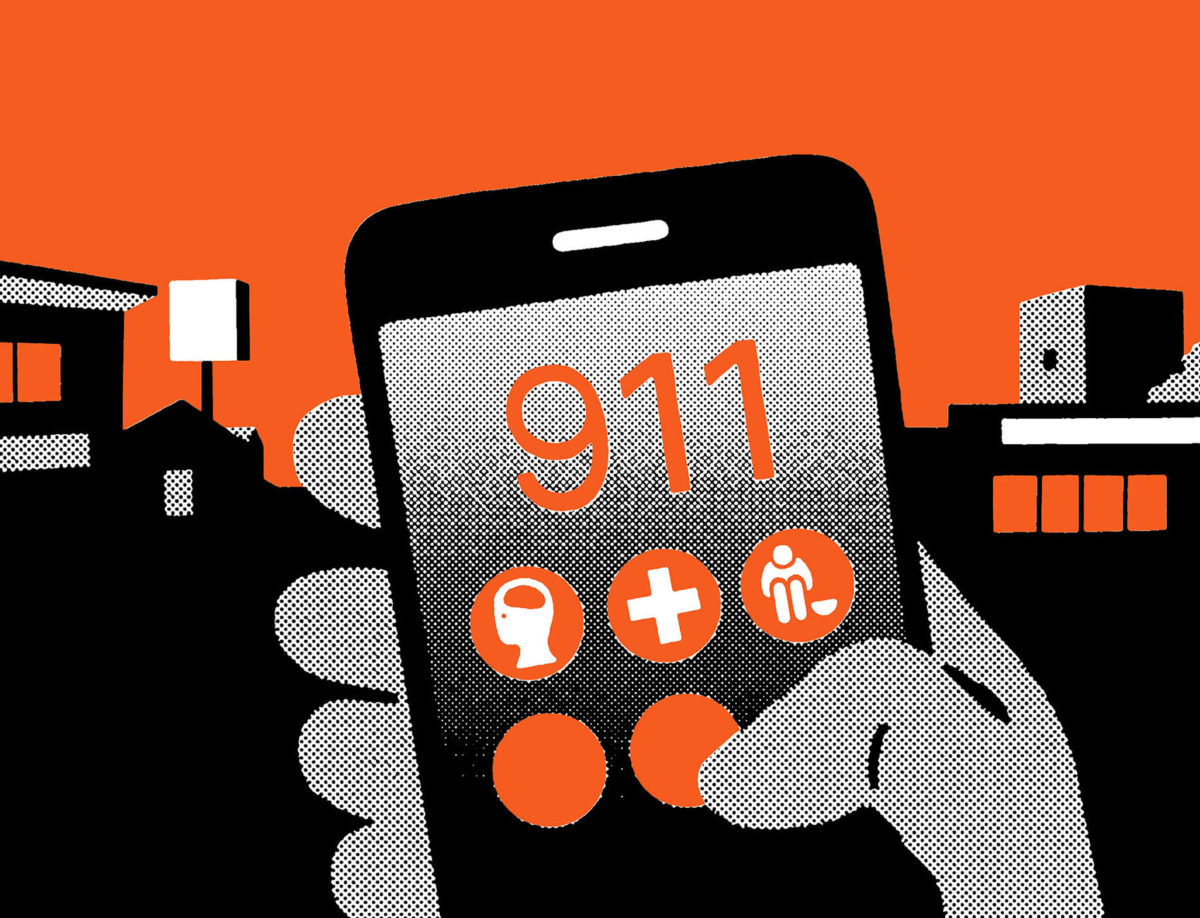
In our Explainer series, Justice Collaborative lawyers, journalists, and other legal experts help unpack some of the most complicated issues in the criminal justice system. We break down the problems behind the headlines—like bail, civil asset forfeiture, or the Brady doctrine—so that everyone can understand them. Wherever possible, we try to utilize the stories of […]
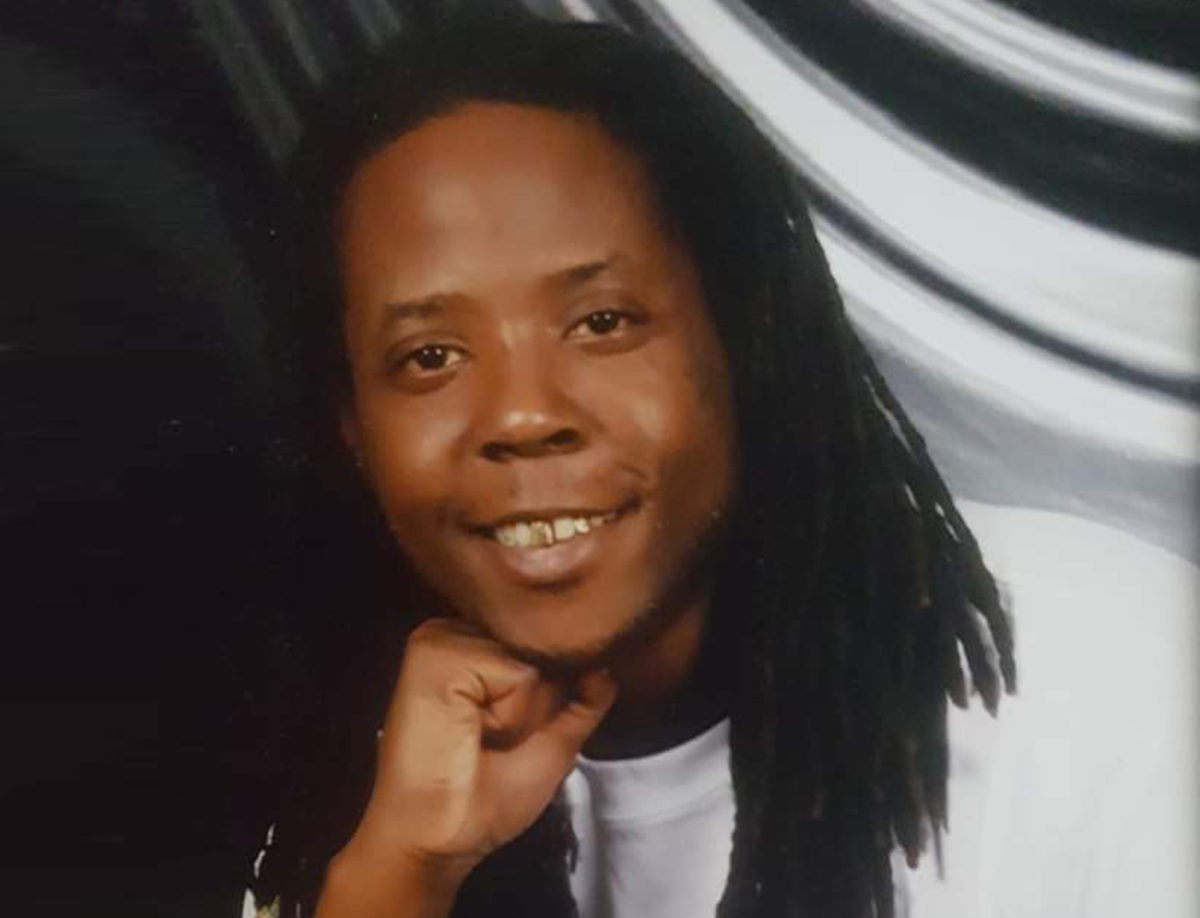
Sterling Higgins called 911 in March 2019 seeking help during a mental health crisis. Police took him to Obion County Jail, where he died after officers pinned him to a floor.
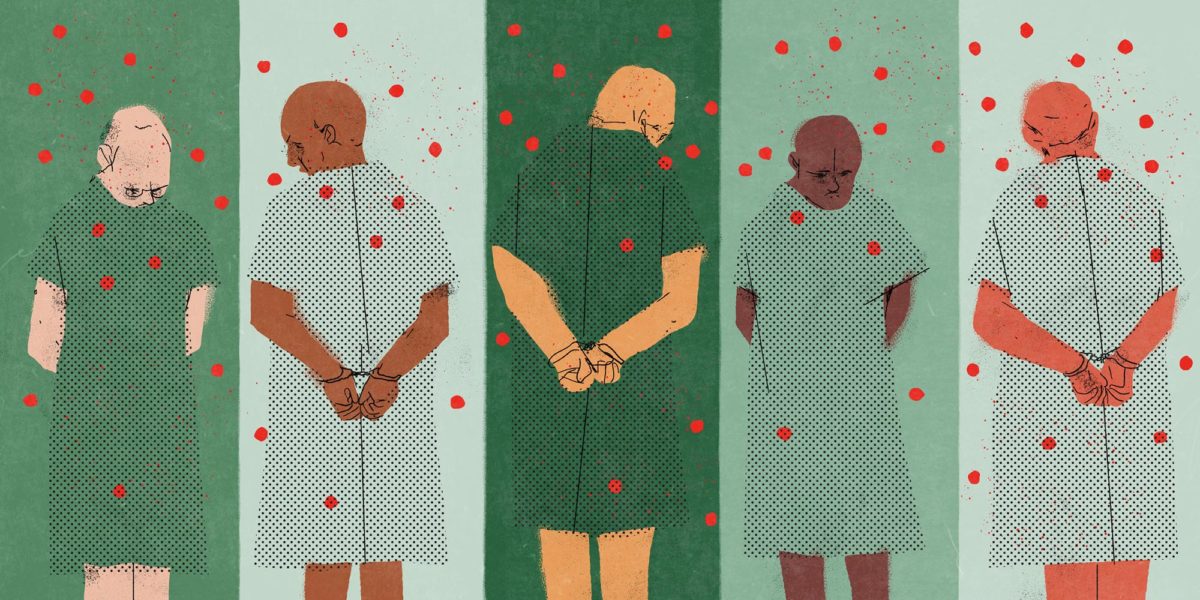
The detainees already completed their criminal sentences—but they are prevented from leaving for years. And with the coronavirus spreading, their lives are at risk.
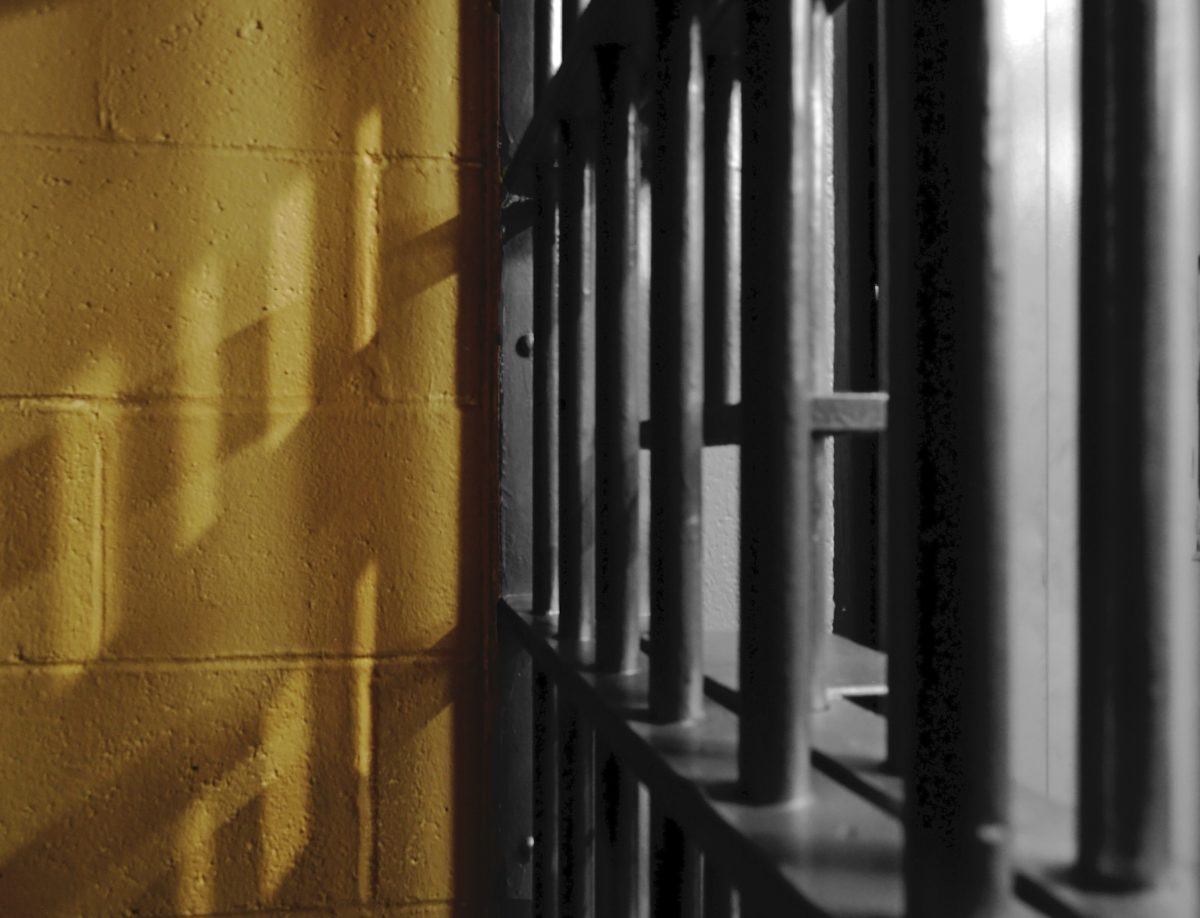
Arthur’s story speaks to a troubling tendency in the legal system, reform advocates say: to treat mental health crises as criminal matters, rather than matters of public health.
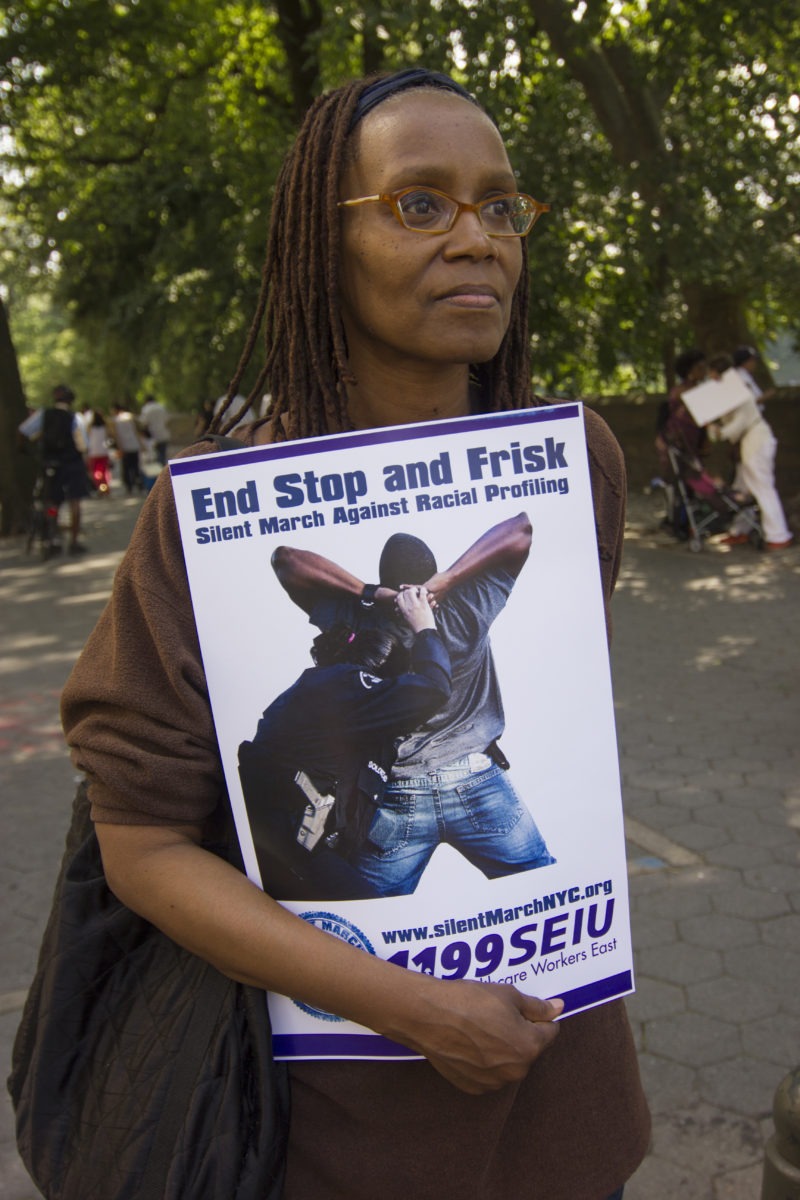
“A public health approach neither accepts harm as a given nor accepts punishment as prevention.”
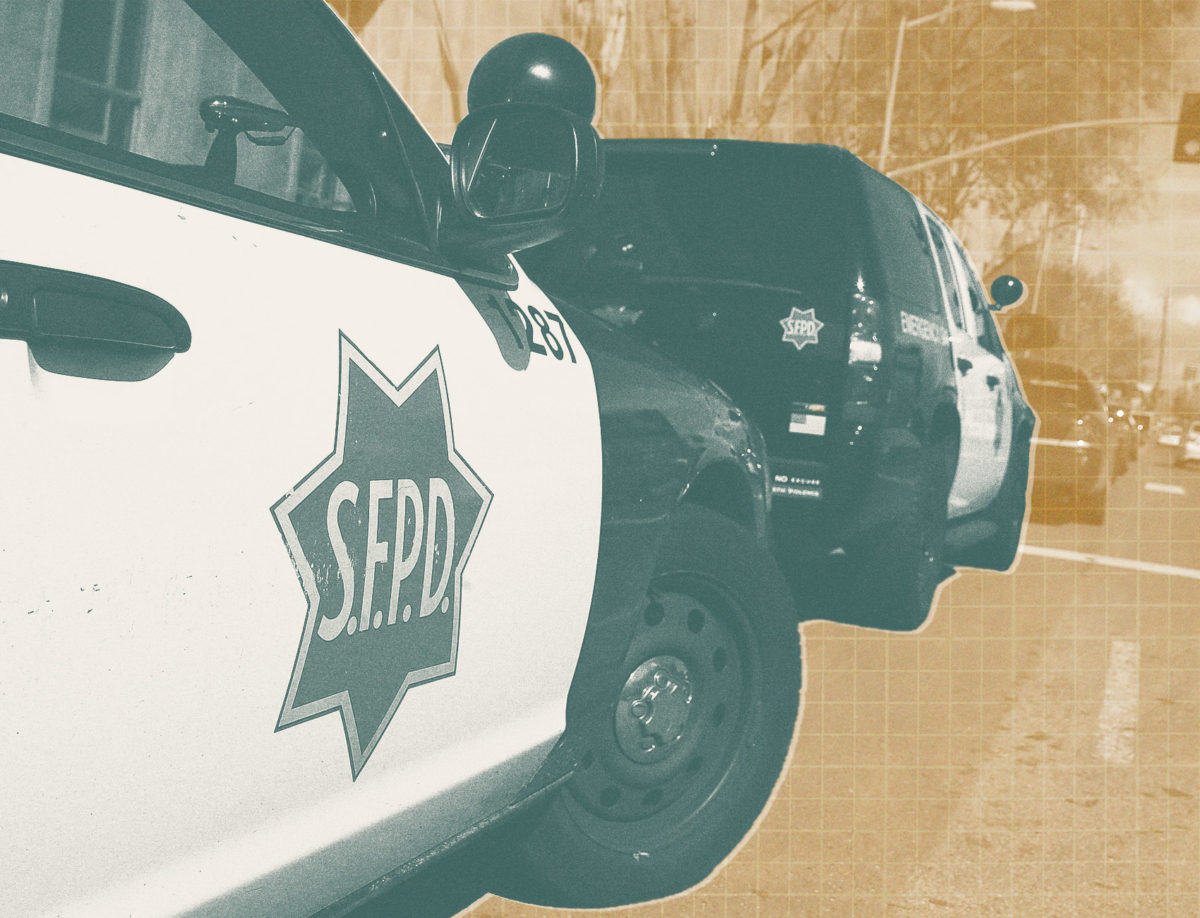
Activists hope Chesa Boudin will press charges, and push for systemic changes to address the criminalization of mental illness.
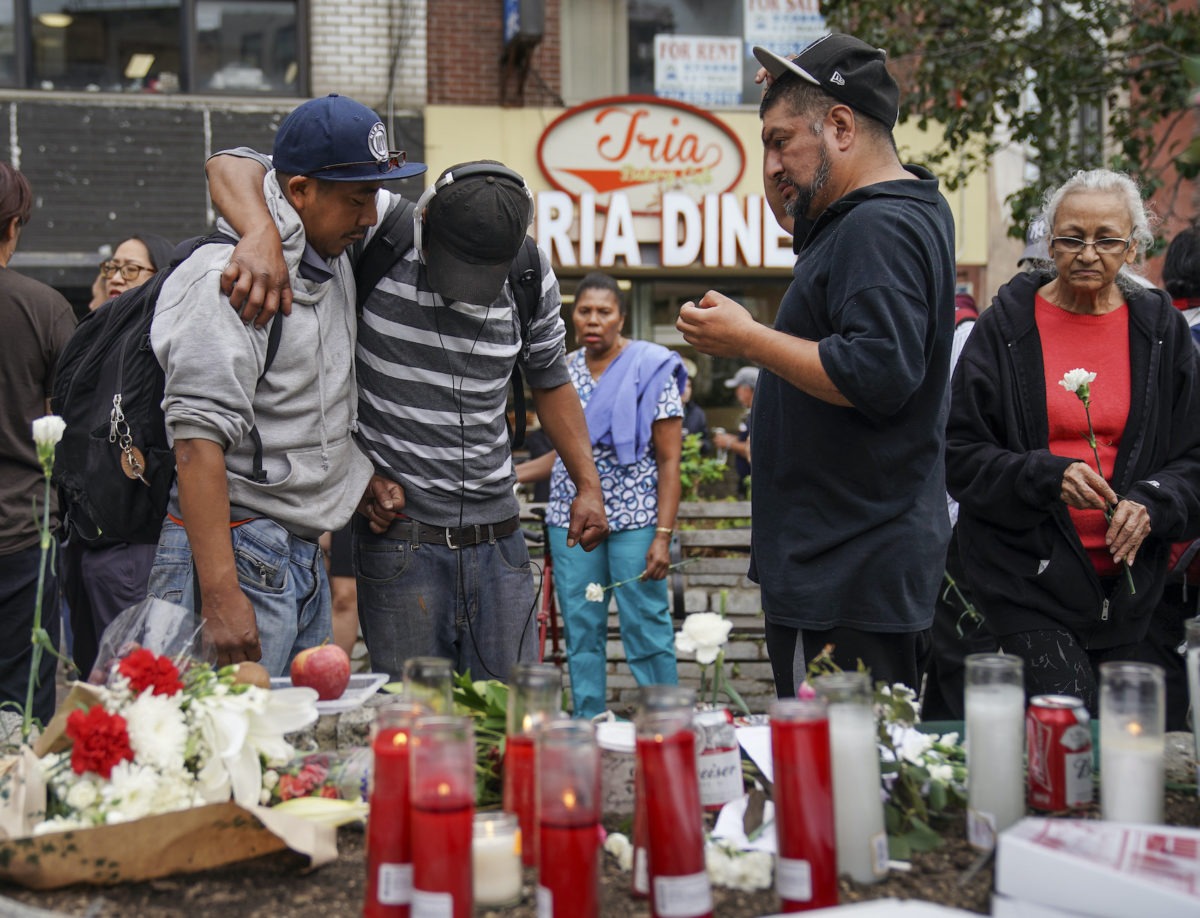
The New York Post used a tragedy to target bail reform activists, rather than point to the challenges of a failed mental health system and poverty.
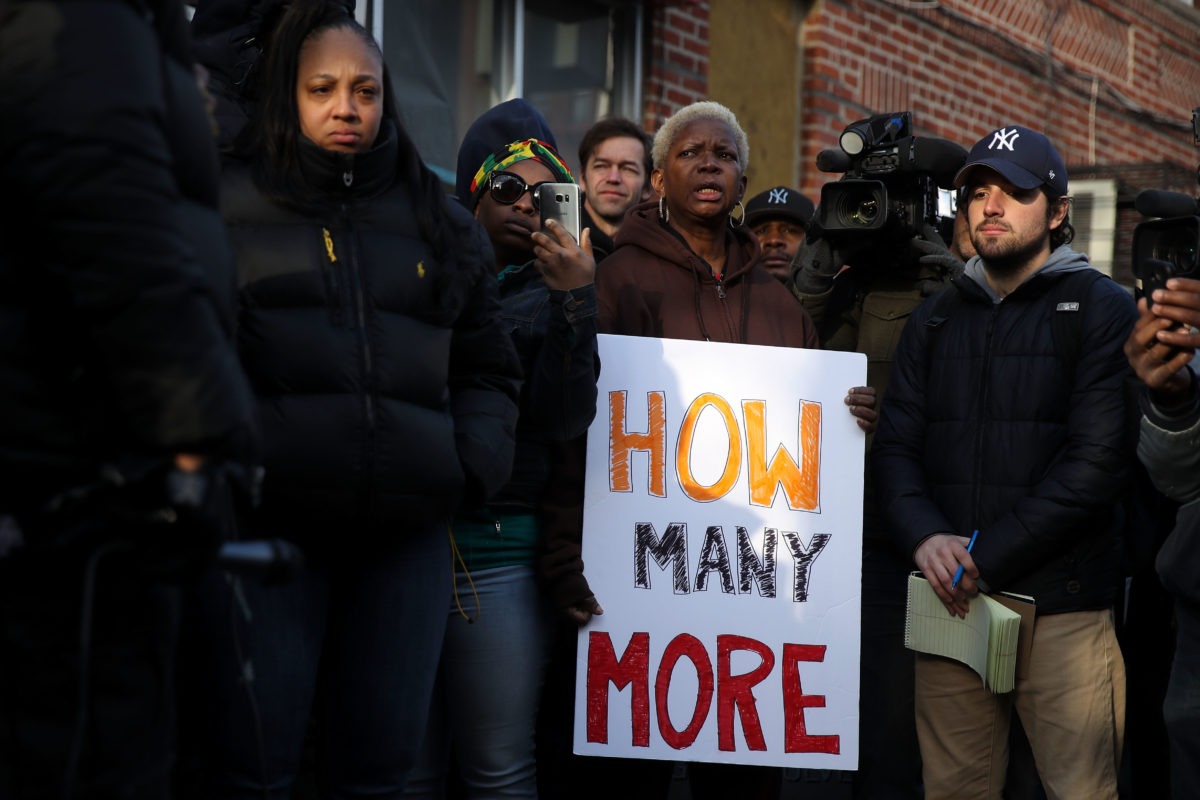
At least a quarter of all people killed by police each year suffer from untreated mental illnesss. New York City’s Public Advocate is proposing a new hotline and mental health crisis teams.
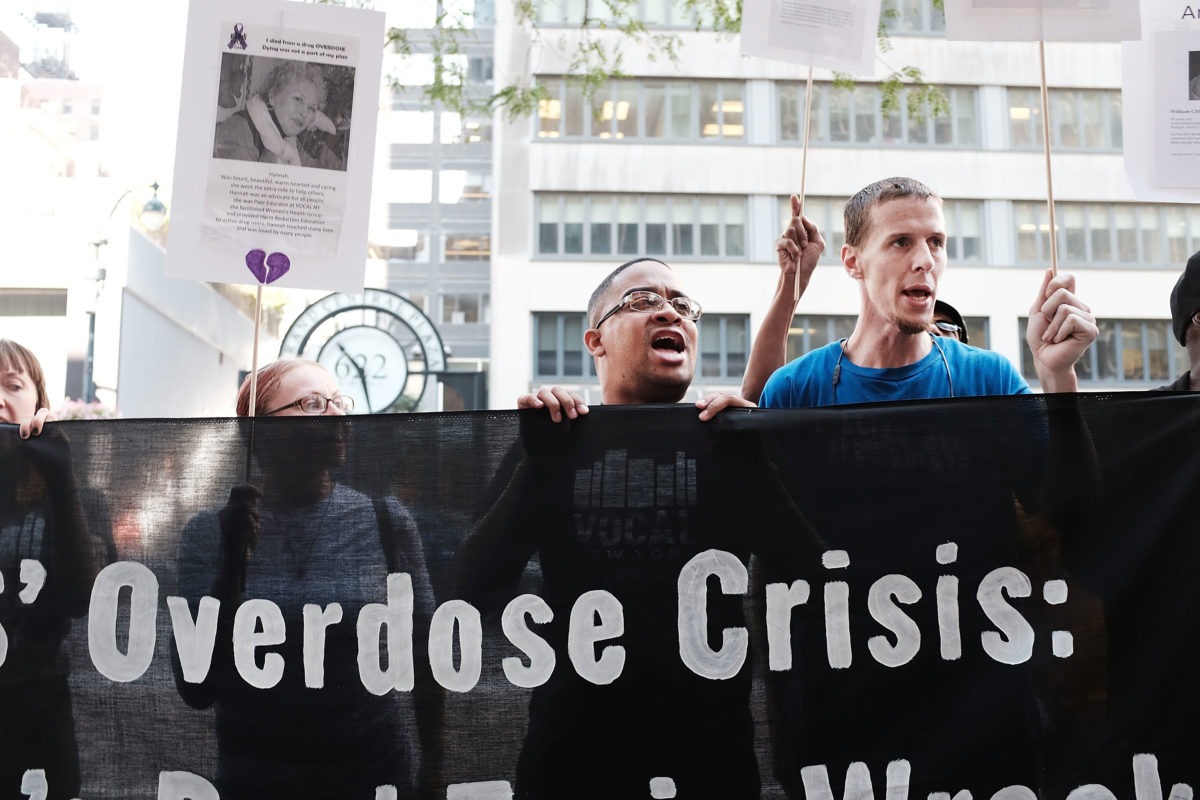
Federal policy denies incarcerated people Medicaid coverage, making re-entry a time of heightened health risks. Tracie Gardner of the Legal Action Center explains New York State’s effort to “break the cycle of justice-involvement, poor health, economic instability, and recidivism that plagues individuals and families throughout New York.”
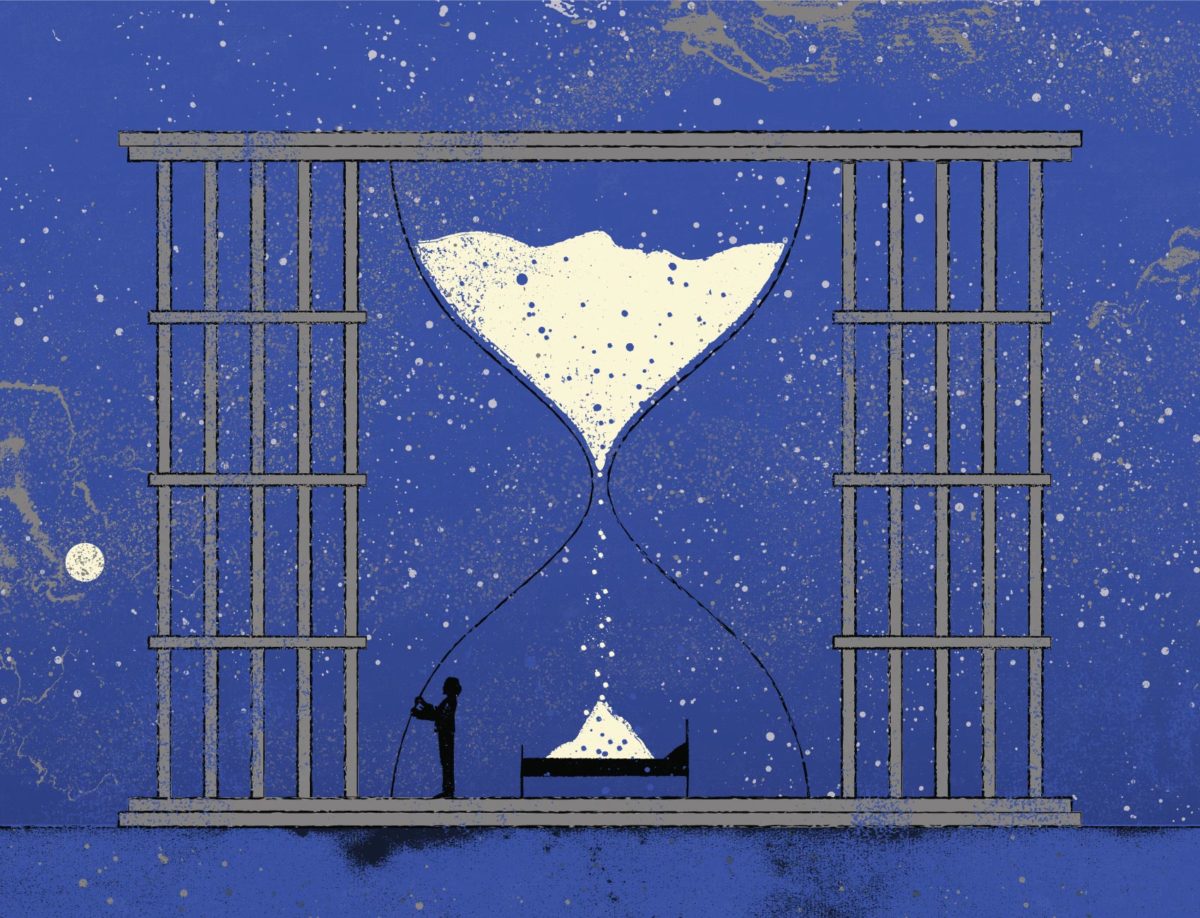
In a rare move, a federal court vacated Anastazia Schmid’s murder conviction, saying she’d received ineffective assistance of counsel and had been mentally unfit to stand trial. But Schmid, who’d spent 18 years in prison, remained locked up for three months more.
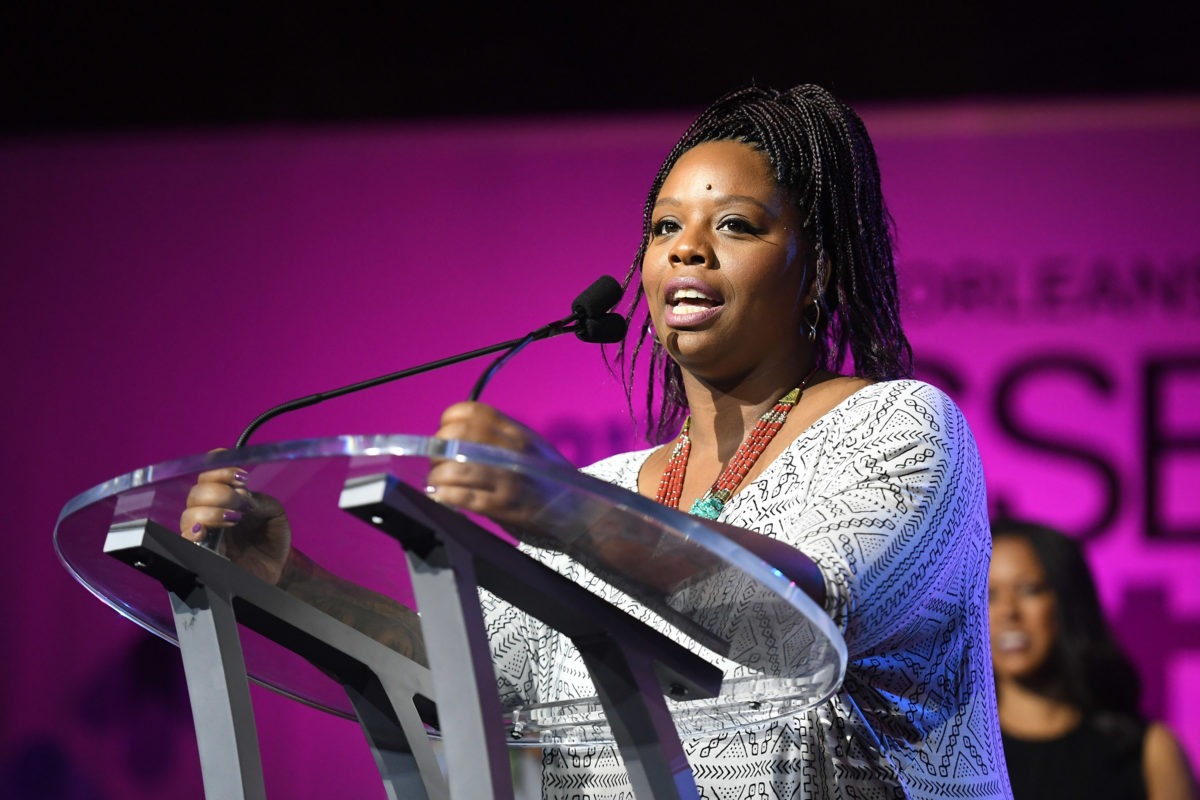
Los Angeles County Board of Supervisors votes to cancel contract to build Mental Health Treatment Center in place of Men’s Central Jail

In the wake of the Dayton shooting, Gov. Mike DeWine proposed creating more space in psychiatric hospitals by removing some people who are court-ordered to be there.
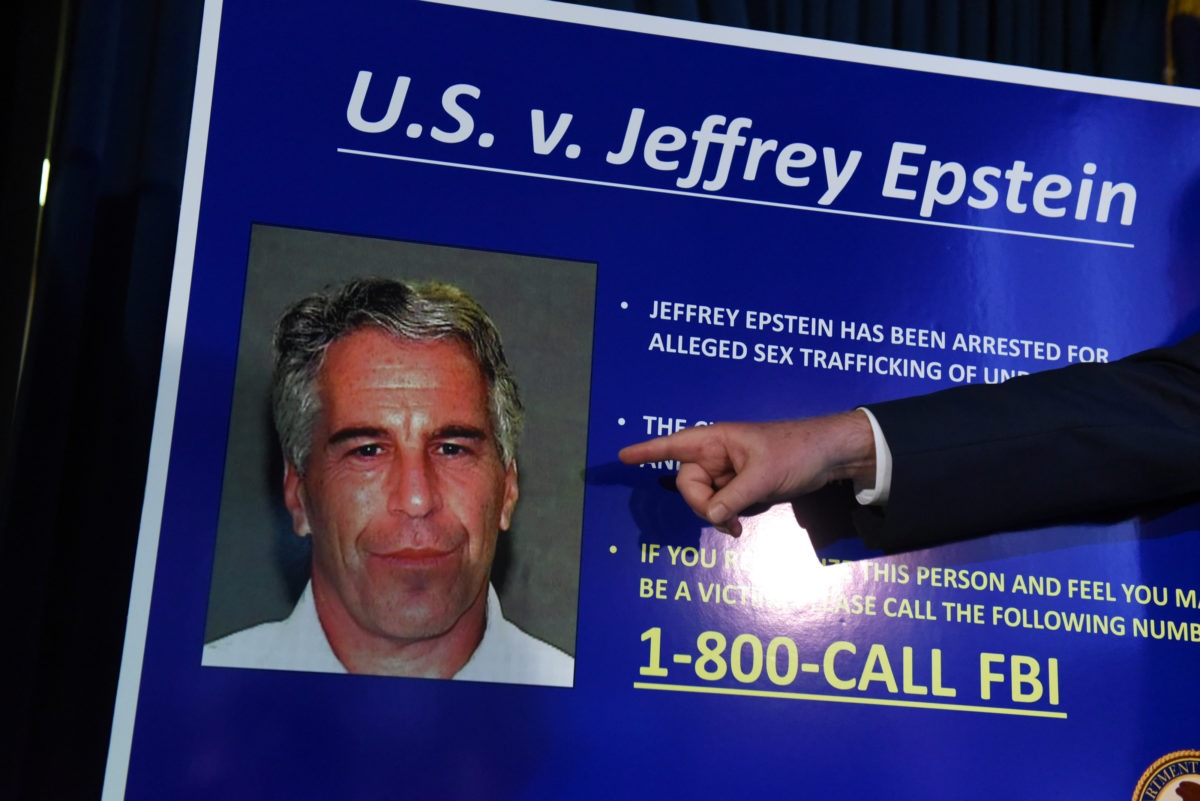
The same culture exists across the country, experts say—with devastating effects.

Jeffrey Epstein’s apparent death by suicide highlights the problems of adequate mental health care and monitoring in jails nationwide.

Black Lives Matter and other advocates have pushed county officials to abandon the $2.2 billion project with McCarthy Builders.

Advocates and attorneys say Jackie Lacey’s rhetoric doesn’t match her actions.